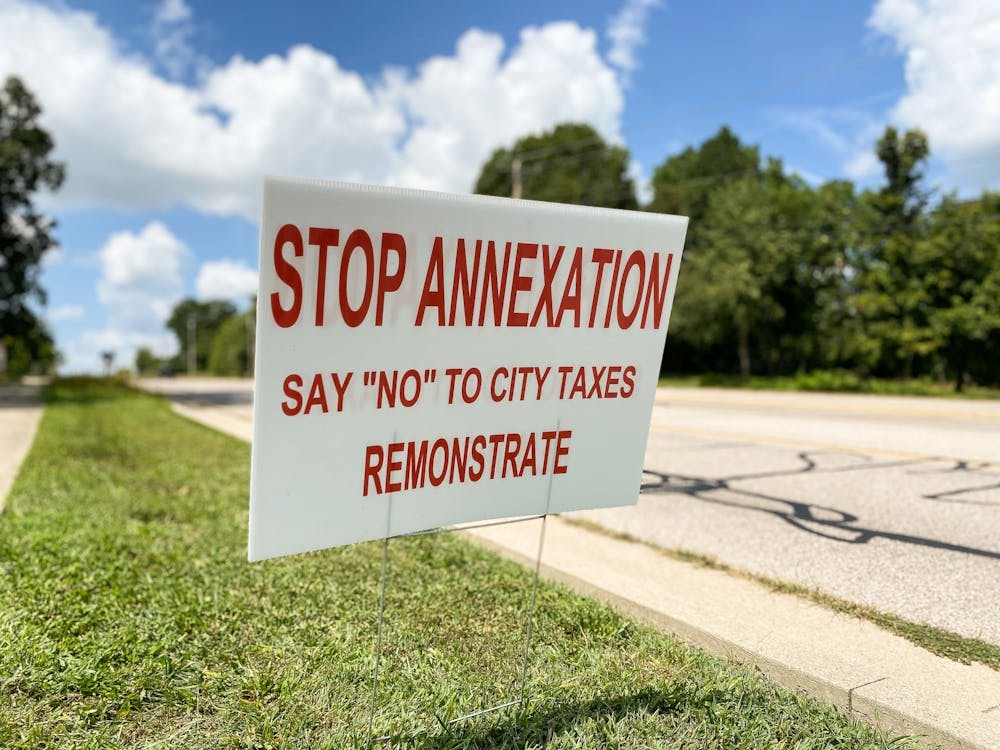A judge ruled in favor of the City of Bloomington on Feb. 23 in an annexation lawsuit filed by County Residents Against Annexation, opening the door for more litigation.
Related: ['Some of my neighbors were actually in tears': Opposition to annexation continues amid lawsuits]
CRAA argued that according to the emergency extension statute of Indiana Code, they were entitled to an extended period to gather signatures opposing annexation due to COVID-19, which falls under the umbrella of “pestilence.”
Annexation is a way that a municipality can expand its boundaries to ensure economic growth keeps pace with population. Bloomington has annexed property several times in the past 70 years but has faced several legal challenges to its current annexation effort.
Remonstrance is the process of gathering signatures to oppose annexation. If 65% of residents sign a petition, the annexation is voided. This is the case for five of the seven annexation areas, which are currently being challenged by the courts as well. The other two annexation areas, which are the subject of this lawsuit, received over 51% but still less than 65% of residents.
Related: [Mayor envisions successful future for Bloomington in his final State of the City address]
Judge Nathan Nikirk, who serves on the Lawrence Circuit Court, was special judge appointed to rule in this case for Monroe Circuit Court 6. In the decision, Nikirk wrote that annexation was a legislative matter, and that the court’s only role was to ensure the City of Bloomington did not exceed its authority in carrying out annexation.
He wrote that COVID-19 did not prevent the filing of a remonstrance petition, noting that even if it did, it would still not be valid under the emergency extension statute because it only applies to pending proceedings. In this case, the lawsuit was filed after the remonstrance period had ended, meaning it was not pending before a court.
President of CRAA Margaret Clements said the group plans to pursue next steps, including appealing the decision.
She said she didn’t see an avenue to invoke the emergency extension statute when she explored it during the remonstrance period. Clements said she talked to the county auditor and other officials but received a response that it wasn’t possible.
“It was a catch-22,” she said.
Clements said the pandemic was at its height during the remonstrance period and that every person who signed the petition had to risk their health to do so.
“We feel that we’re in the moral right, that we’re standing on firm moral ground,” she said.




